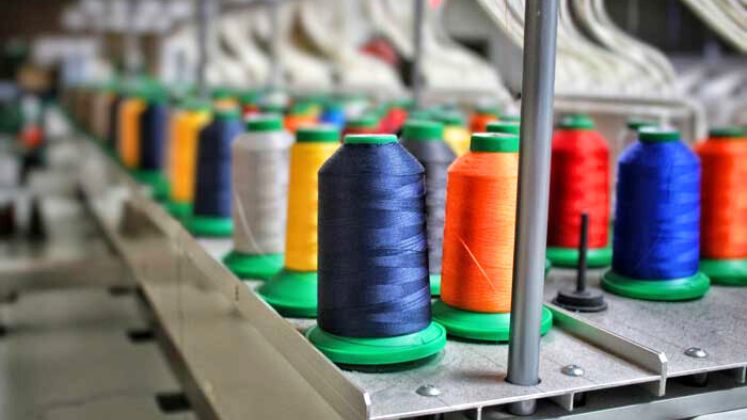A staggering $468 billion worth of garment imports in the G20 are exposed to the risk of modern slavery, according to the 2023 Fashion Transparency Index. This is equivalent to one-third of these countries' goods imports.
The fashion industry has a poor track record of monitoring such abuses within its supply chains. Only 23% of brands disclose information about the prevalence of modern slavery-related violations and risk factors in their supply chains.
Governments are now taking steps to induce change through new legal restrictions. The Uyghur Forced Labor Prevention Act (UFLPA) took effect in the U.S. in June 2022, prohibiting goods from the Xinjiang Uyghur Autonomous Region (XUAR), responsible for a fifth of the world's cotton production. Brands are required to provide evidence that their products are free from any involvement with forced labor.
The European Union is following suit with proposed regulations to ban forced labor and a Corporate Sustainability Due Diligence Directive. Individual countries are also enacting new laws, including the German Supply Chain Due Diligence Act and the Norway Transparency Act in 2021.
These new laws are putting pressure on brands to improve their due diligence practices and ensure that their supply chains are free from modern slavery. However, the task is daunting, given the complexity of fashion supply chains and the large production volumes of many brands.
New technologies, such as DNA identification of cotton yarn origins, can help brands to improve their due diligence. However, more needs to be done to ensure that these technologies are used effectively.
Consumers can also play a role in driving change. By demanding more transparency from brands and choosing to buy products from companies that are committed to ethical sourcing, we can help to make the fashion industry more sustainable and ethical.












